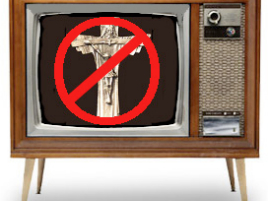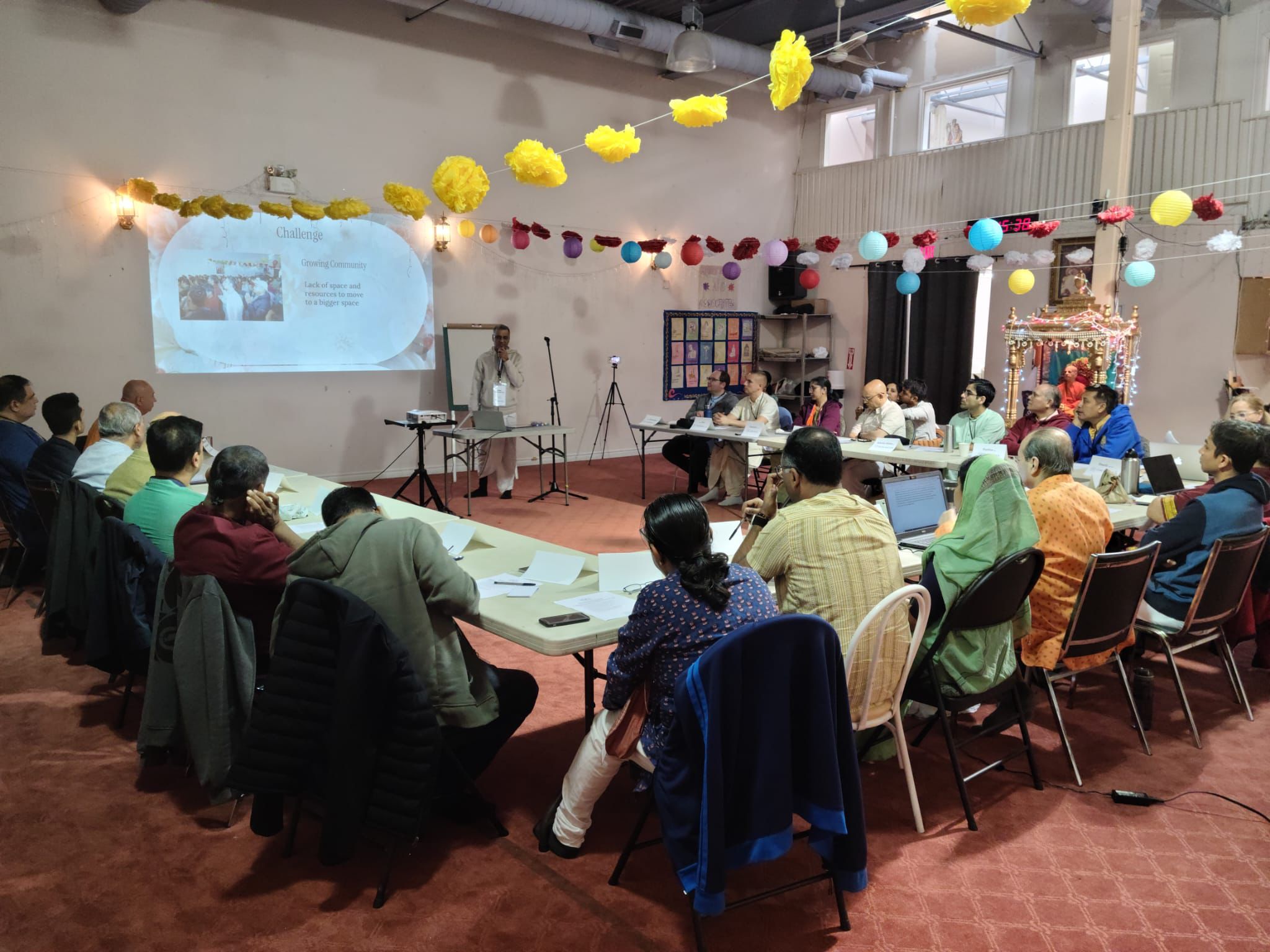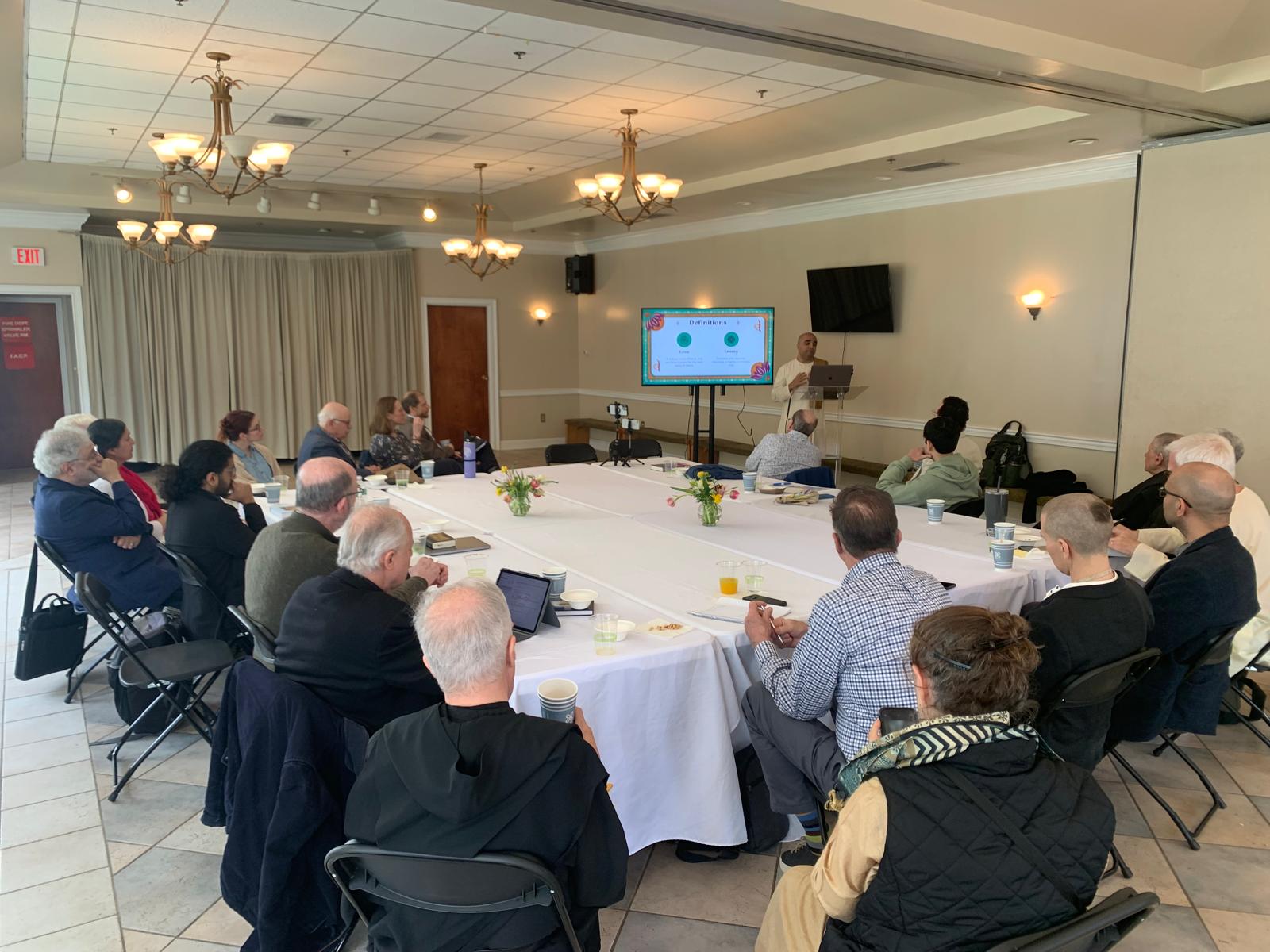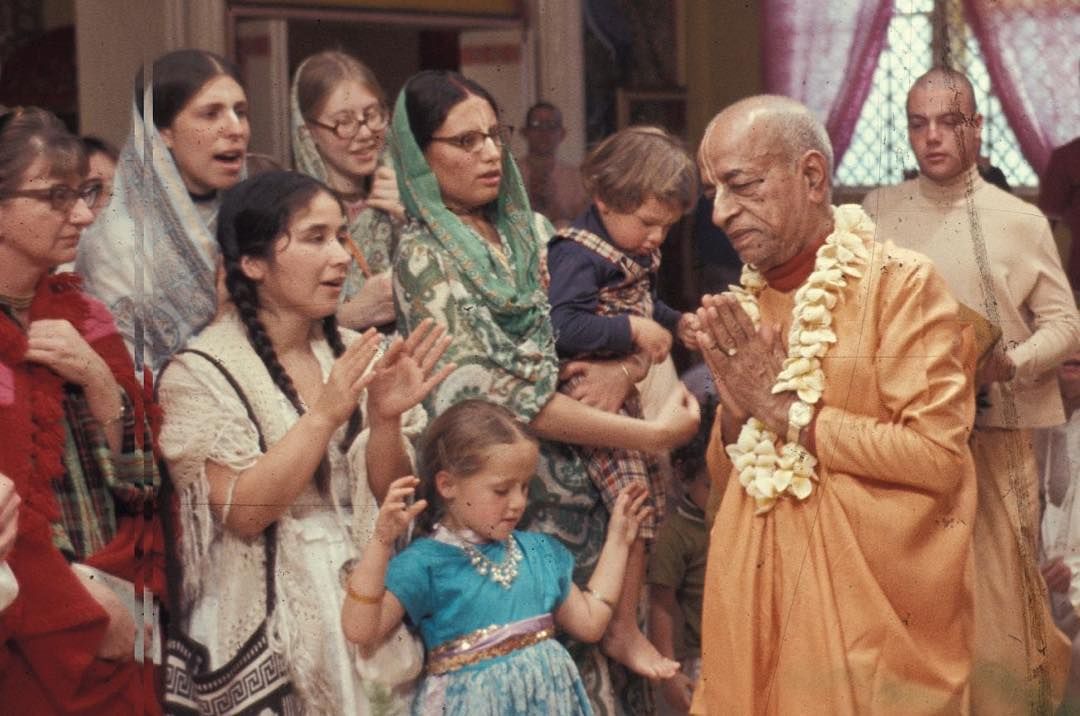Is the BBC Marginalising Religion?
By Paul Woolley | Feb 19, 2010

The media’s coverage of religion and Christianity, in particular, has been in the headlines during the past couple weeks.
It all started on 6 February with a report in The Sunday Telegraph that the BBC’s Head of Religion and Ethics had accused the Church of England of ‘living in the past’. Aaqil Ahmed was responding to the news that the Synod of the Church of England was going to debate on Wednesday a motion criticising the BBC for its treatment of Christianity. Mr Ahmed added: ‘I think all the faiths should be treated in the same way. I don’t believe in treating any faith differently.’
On 10 February, Mr Ahmed debated the issue with Nigel Holmes, a lay member of the General Synod and a former religion producer at BBC Cumbria, on BBC Radio Four’s Today programme. In the discussion Mr Ahmed admitted that that the corporation’s television coverage of Good Friday 2009 ‘could have been better’. However, he argued that the BBC ‘did listen’ and said that this year’s Easter output would be better. On Wednesday afternoon Synod voted to express ‘deep concern’ about a drop in religious programmes on British television but drew back from targeting the BBC directly for criticism.
So, what are the facts of the matter?
In the first place, it’s clear that religious output on the BBC has fallen. To be exact, it’s fallen from 177 hours of religious programming on BBC television in 1987/88 to 155 hours in 2007/08 – a period during which the overall volume of programming has doubled. It’s difficult to establish precisely the changes in religious belief over this time period. It’s clear that there has been a decline in church attendance, but the 2001 census shows that people, voluntarily and in the privacy of their own homes, still chose to designate themselves in religious terms. In the census, Christianity is the major religion (71.6% of the population), followed by Islam (2.7%), Hinduism (1%), Sikhism (0.6%), Judaism (0.5%) and Buddhism (0.3%). Certainly the BBC’s religious coverage is more diverse today than in 1987/88, reflecting, in part, the growing presence of other religious faiths in society.
Secondly, the BBC spends far less on programmes dealing with religious and ethical issues than on entertainment shows that attract the same size of audience. Friday Night with Jonathan Ross regularly attracted a similar audience to Songs of Praise (4 million viewers). The difference is that Ross’ contribution was valued at £18 million. Songs of Praise presenters don’t get anything close to one million.
How then should we respond to these facts?
Firstly, there is no position of neutrality when it comes to programming. The BBC’s output reflects certain notions of what ‘good’ programming should look like. Of course, its understanding of the good might simply be based on securing as high an audience share as possible. However, the BBC as a publicly funded broadcaster has a wider role, which goes beyond the commercial. The Beeb, like charities, is required to demonstrate its public benefit.
Secondly, it is important that the BBC produces programmes that reflect the diverse interests and belief commitments of its audience. The BBC’s coverage of religion should broadly reflect the religious composition of society, but it’s important that the same approach is taken across all subjects including sport and DIY. If the Beeb did, there would be less time given in the schedules to these latter categories. Strikingly, more people watch Songs of Praise than Match of the Day.
Thirdly, it’s not the role of the BBC to ‘promote’ Christianity anymore than it’s the role of the BBC to ‘promote’ politics or the Arts or anything come to that. However, it is the role of the BBC to ensure that its ‘religious’ programmes promote religious literacy, and are well-informed and balanced. The level of religious illiteracy across the media is appalling and, despite the fact that the theory of secularisation (the idea that as society advances, religion retreats) is being widely discredited, it remains influential in media circles.
In the future, Christianity, and religion more generally, is set to play a more, not less, significant role in the world. The challenge for the media, government and all sectors of society is to understand religious faith better and ensure their activity reflects the reality of the world we live in, not the one that some would like to live in.












